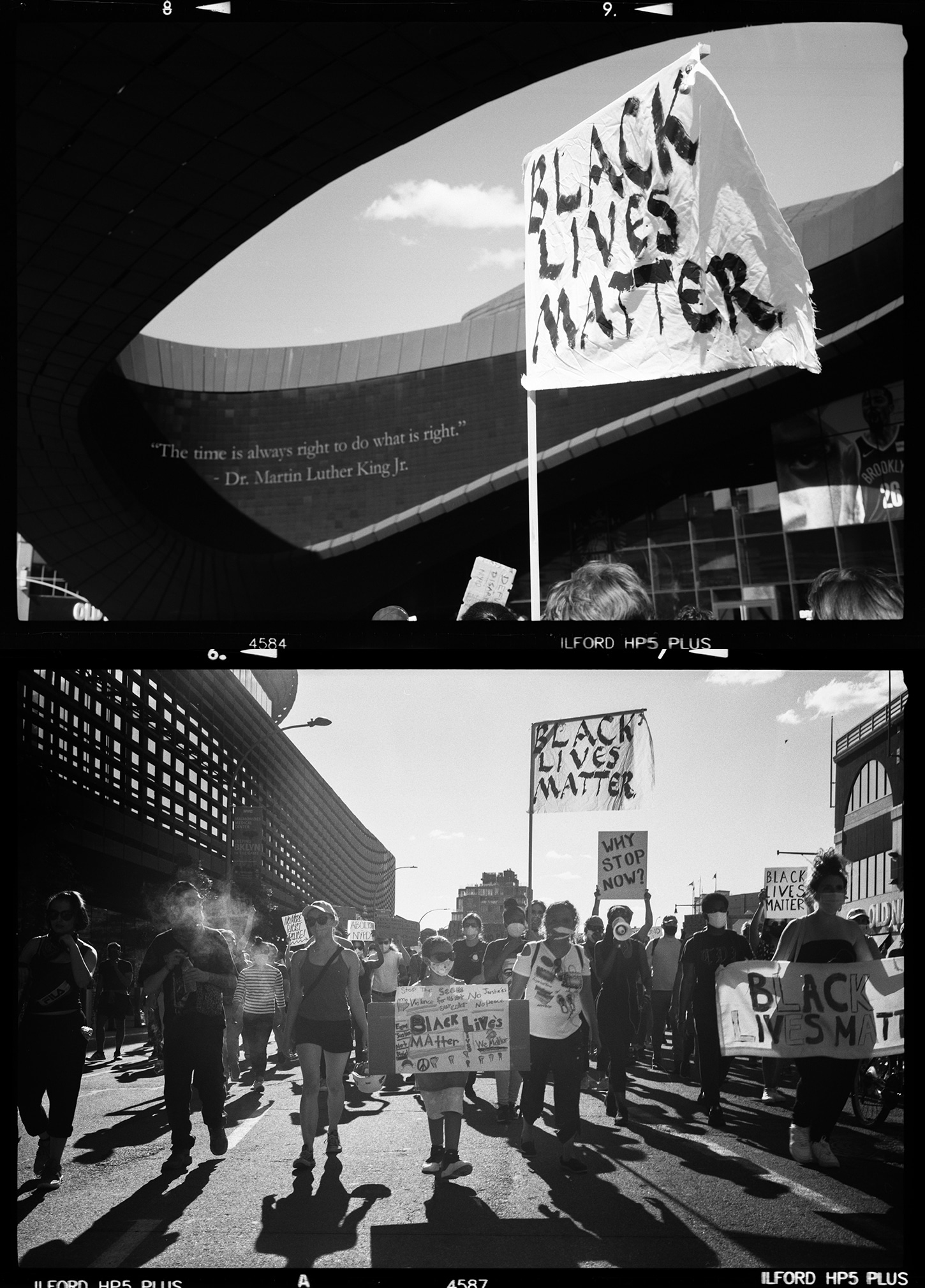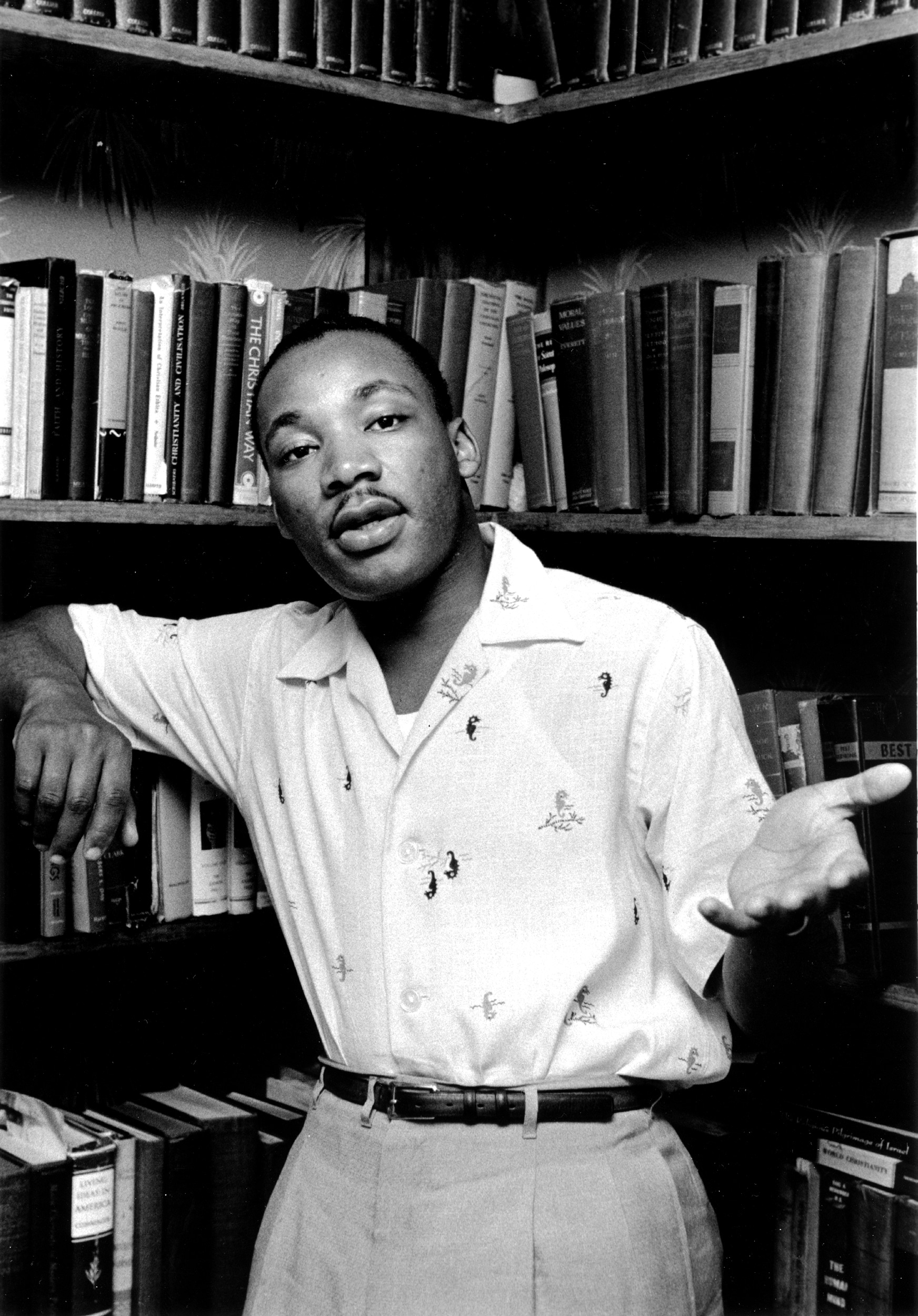[row][half]
[/half][half]
History was always one of my favorite subjects in school, right up there with literature — and for a lot of the same reasons, too.
History is a series of stories. Written by someone about something that happened at some point in the past. Hopefully the person recording was there or spoke to people who were. And hopefully that person had no bias or reason to modify facts to tell a convenient half-truth or a blatant lie.
But I think we all can agree, this idealism is far from reality. History is fallible — a product of the few deemed worthy of retelling it — and worse yet, history can oversimplify and neutralize even the most beloved of leaders, in efforts to make them fit a more "favorable" narrative.
Today, as I reflect on Dr. Martin Luther King, Jr. — I thought a lot about how his legacy has been taught to me over the years. And how that fits with the facts I've gathered as an adult. His quotes are readily on the tip of our tongue (and all across our social feeds), but I think we would be doing ourselves and each other a disservice to not also think long and hard about his actions and the facts that surround them. He was targeted and assassinated for his unwavering call for equality, voted one of the most hated men in America in 1967. His cries for change were often placated by moderate whites with pleas for "patience." Yes, he preached peace, love and non-violence, but that doesn't equate to passivity. He and his allies took radical, organized action in many ways because they knew the stakes.
Over 58 years later, whether we want to admit it or not, those stakes still remain. And until we sit with this, ask ourselves uncomfortable questions and take action in the ways that we can, history has an ugly way of repeating itself.
[/half][/row]
With that, here are a few things I consumed today to help me better understand the man behind the quotes: his Letter from Birmingham Jail, his Beyond Vietnam speech and the documentary King in the Wilderness. I've also made donations to the NAACP Legal Defense Fund, the ACLU and I've sponsored a flag for the National Mall, with proceeds going toward Biden/Harris sanctioned non-profit organizations. If you're financially able to, I'd love for you to join me.
First photo info: MAY 1956: Civil rights leader Reverend Martin Luther King, Jr. relaxes at home in May 1956 in Montgomery, Alabama. Photo by Michael Ochs Archives/Getty Images.
Second photos: Photographed by Naeem Douglas, here in NYC during the BLM protests






No comments.